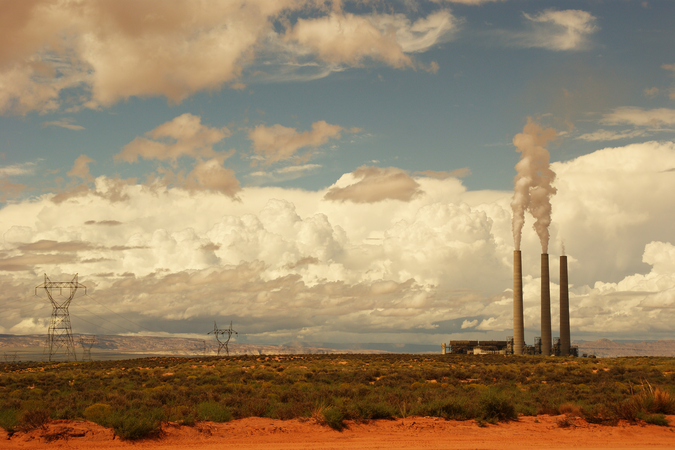Net-Zero Economy Summit
Event Description
What can we do to pursue a future of net-zero emissions and net-positive economic solutions?
The Net-Zero Economy Summit, hosted by the independent research institution Resources for the Future, explored the transformative decisionmaking needed to deliver on two goals: net-zero greenhouse gas emissions and the advancement of our economic well-being.
On Thursday, October 20, leading voices in government, business, academia, and the media explored the solutions needed to achieve net-zero emissions across all major sectors of the economy—from electricity and transportation, to industry and land use. We examined the crucial decisions needed to confront climate risks, build resilience, and prioritize solutions that are just and equitable.
Photos
High resolution photos from the RFF Net-Zero Economy Summit can be found on our Flickr page. Photos can be used under a creative commons license. Photo credit: Ronald Flores/Resources for the Future.
Videos
Full Video: Skylight Pavilion Programming
Full Video: Justice Forum Programming
Agenda
Venue Information
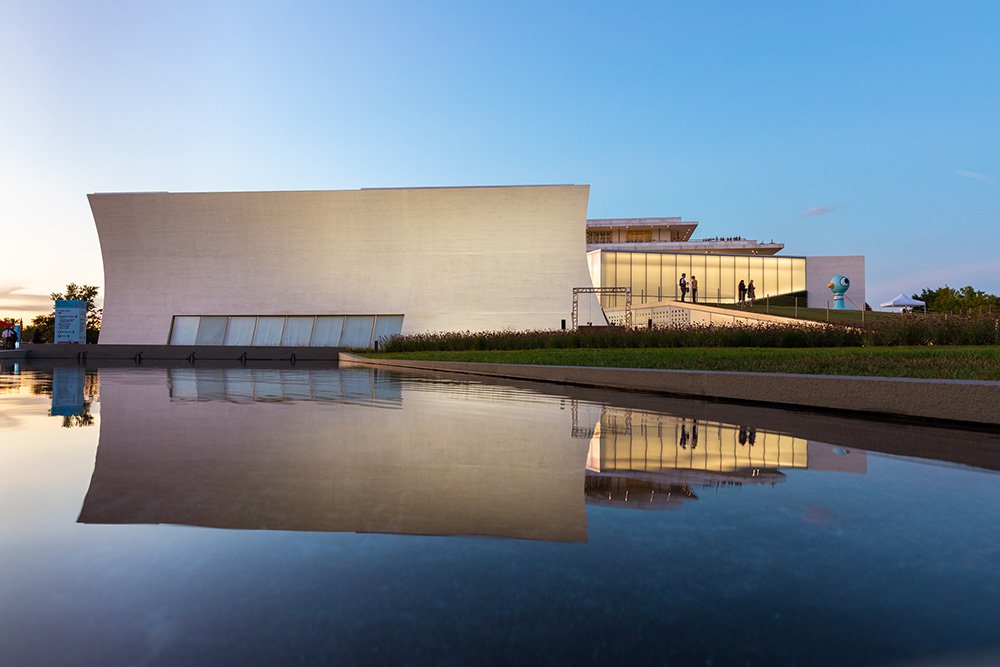
The REACH at the John F. Kennedy Center for the Performing Arts
The REACH is a living theater where diverse art forms collide to break down the boundaries between audience and art. Located next to the John F. Kennedy Center for the Performing Arts, it is in the heart of Washington, DC, and the perfect location to explore today's most pressing climate issues.
Address:
2700 F St., NW
Washington, DC
20566
This event is an external rental presented in coordination with the Kennedy Center Campus Rentals Office and is not produced by the Kennedy Center. Photo courtesy of the Kennedy Center.
International Climate Policy

How can we encourage increased global ambition to decarbonize while recognizing countries' needs to maintain international competitiveness?
Ahead of COP27, join us as our panel of international experts discusses approaches and policies that can support industrial competitiveness, minimize emissions leakage, and encourage ambition as nations decarbonize.

Melanie Nakagawa
Former Special Assistant to the President and NSC Director for Climate and Energy, The Executive Office of the President of the United States

Kyung-Ah Park
Member, RFF Board of Directors

Valentina Bosetti
Senior Scientist, European Institute on Economics and the Environment

Jennifer Hillman
Professor, Georgetown University Law Center

Raymond Kopp
Senior Fellow and International Climate Policy Director, Resources for the Future

Billy Pizer
Vice President of Research and Policy Engagement, Resources for the Future

Robert Stavins
Board Member, Resources for the Future; Professor, Harvard University
Industry and Fuels
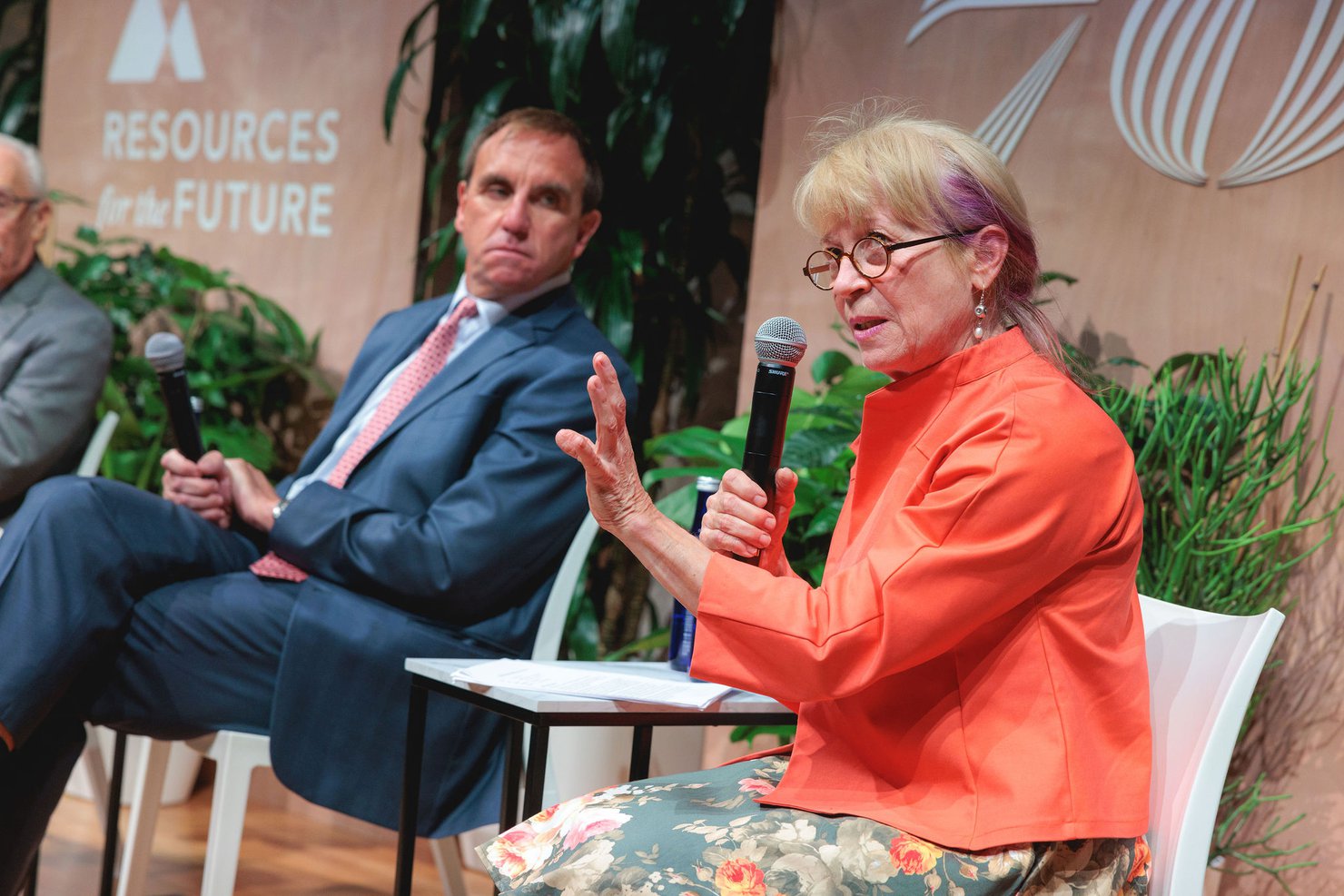
How can we spur innovation and its deployment to decarbonize the industrial sector?
Our panel of experts examines the tools that will be needed to meet the challenge, from innovations to reduce the costs of cleaner fuels, to employing underutilized methods for stimulating government funds.
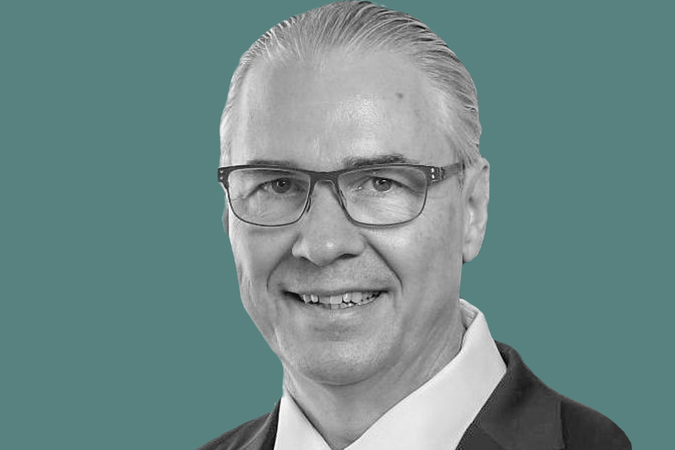
Matt Rogers
Former CEO, Mission Possible
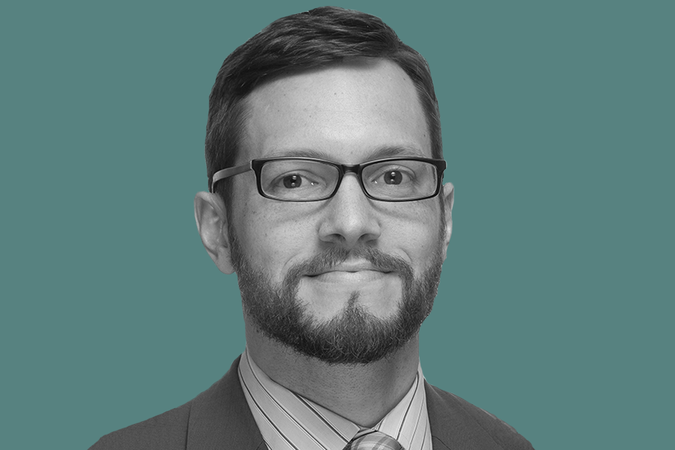
Corbin Hiar
Reporter, E&E News

Alan Krupnick
Senior Fellow and Industry and Fuels Director, Resources for the Future
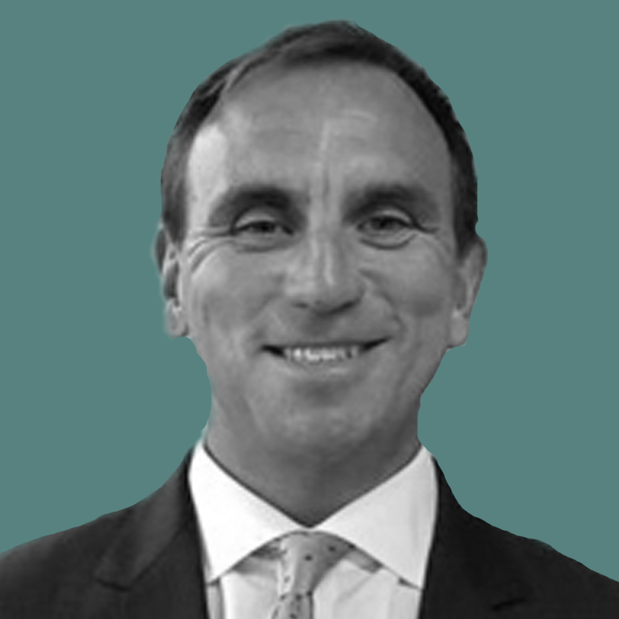
Sean O'Neill
Senior Vice President of Government Affairs, Portland Cement Association
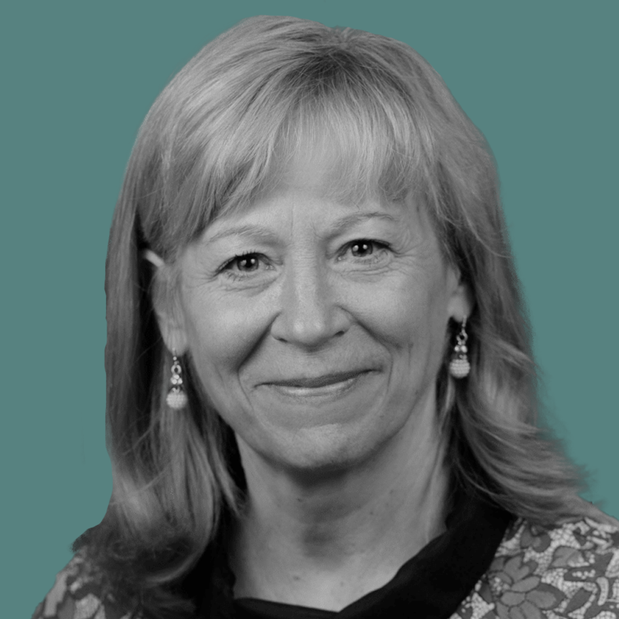
Geraldine Richmond
Under Secretary for Science and Innovation, United States Department of Energy
Transportation and Infrastructure

The transportation sector is the largest source of greenhouse gases in the US. Net-zero goals will demand major strides to decarbonize the sector.
How can we deliver net-zero transport and infrastructure strategies that spur innovation in a diverse technology portfolio to drive deployment at scale? Join us as experts across policymaking, industry, and academia examine the future of this sector, from EVs and electrification to fuels, freight, and aviation.
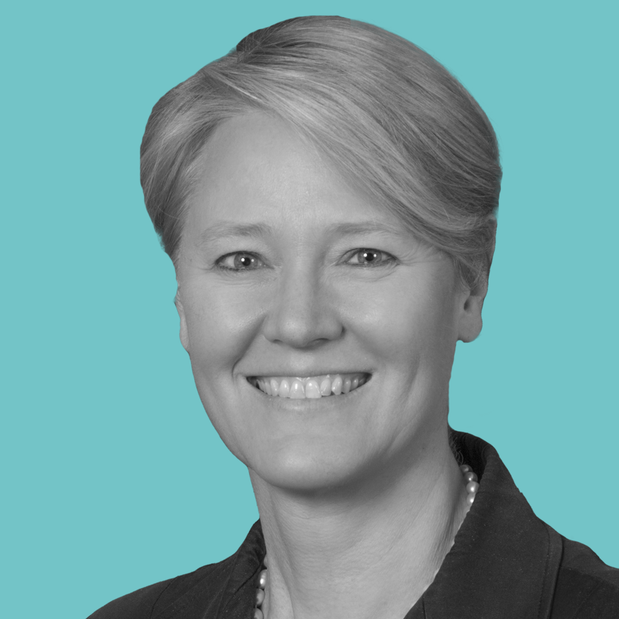
Sarah Dunham
Director, Office of Transportation and Air Quality, United States Environmental Protection Agency

Richard Ezike
Director, CHPlanning

David Strickland
Vice President of Global Regulatory Affairs, General Motors

Jessika Trancik
Professor, Massachusetts Institute of Technology

Beia Spiller
Fellow and Transportation Program Director, Resources for the Future
Land Use, Forestry, and Agriculture
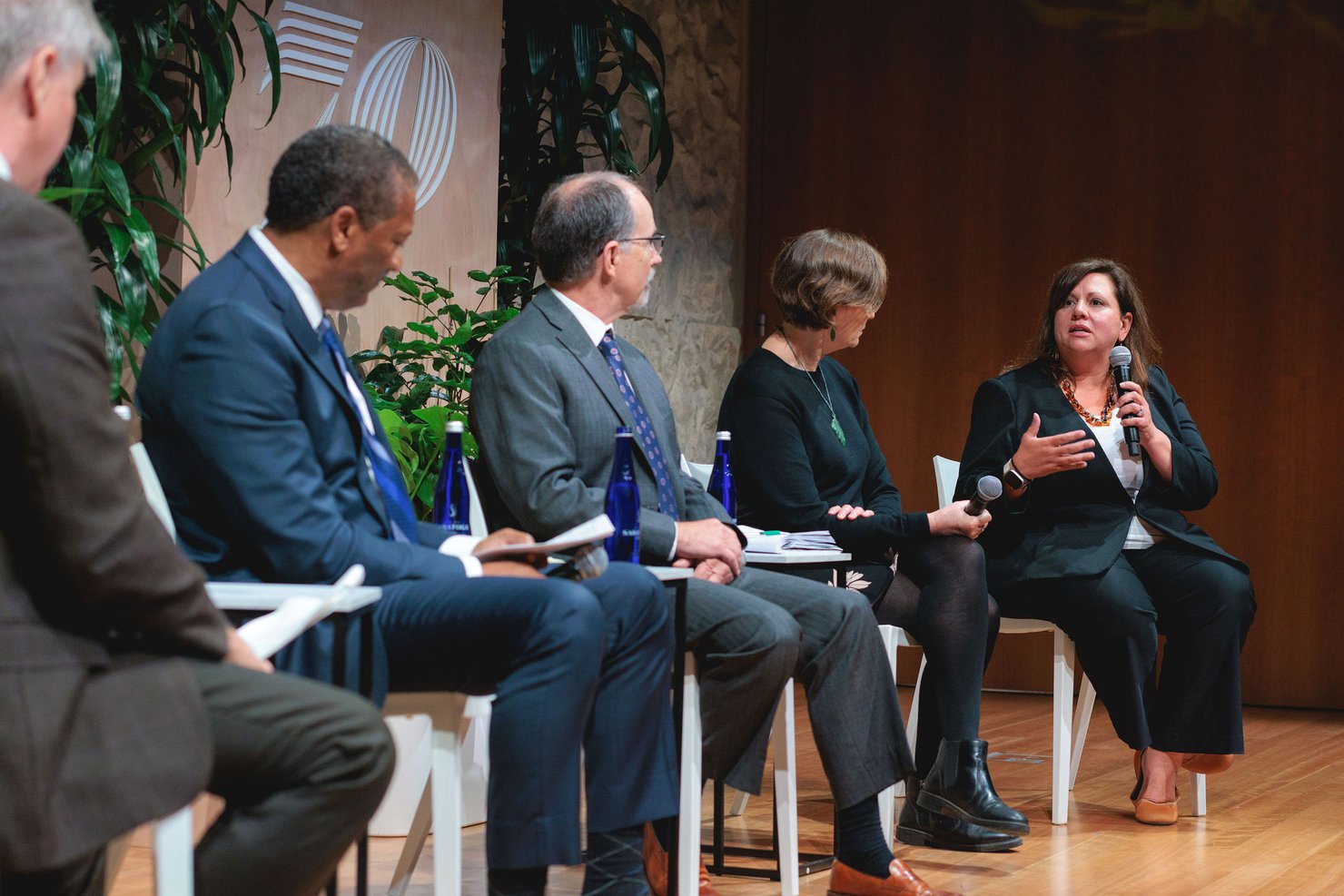
How can we fully seize the power of land as a carbon sink to reduce emissions and sustain people and ecosystems?
Join us as experts explore the role of land—cultivated, wild, and urban—in meeting our climate targets. The panel will also examine the relationship between increasingly intense and frequent wildfires and GHG emissions.
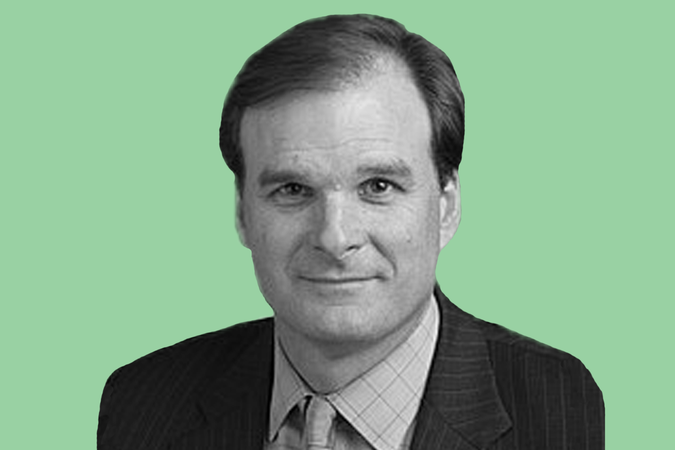
Robert Bonnie
Under Secretary of Agriculture for Farm Production and Conservation, US Department of Agriculture

Ximena Bustillo
Political Reporter, NPR

Jim Boyd
Senior Fellow and Land Use, Forestry, and Agriculture Program Director, Resources for the Future
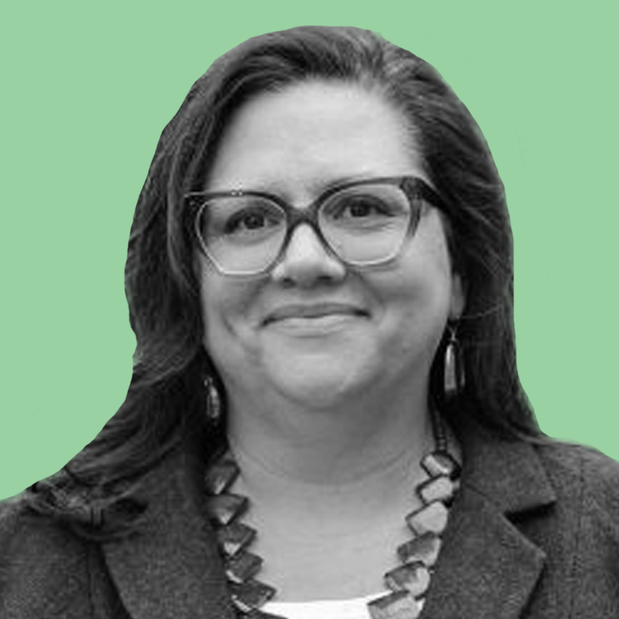
Rita Hite
CEO, American Forest Foundation

Suzi Kerr
Chief Economist, Environmental Defense Fund
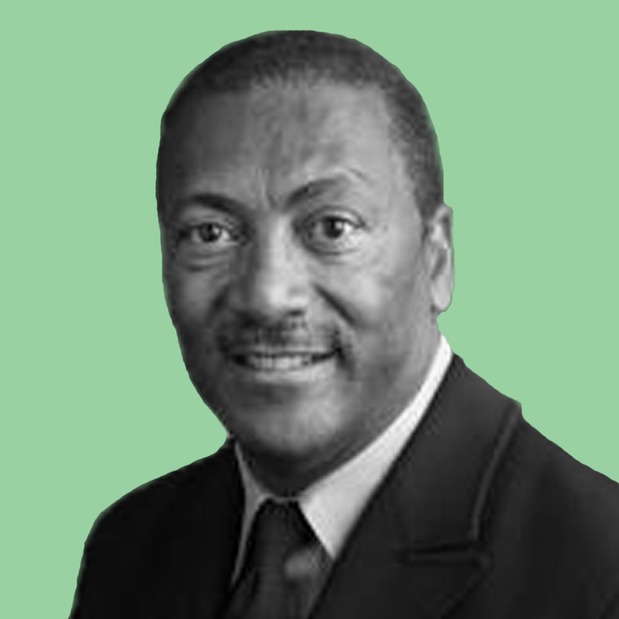
Randy Moore
Chief, US Forest Service

David Wear
Nonresident Senior Fellow, Resources for the Future
Electric Power
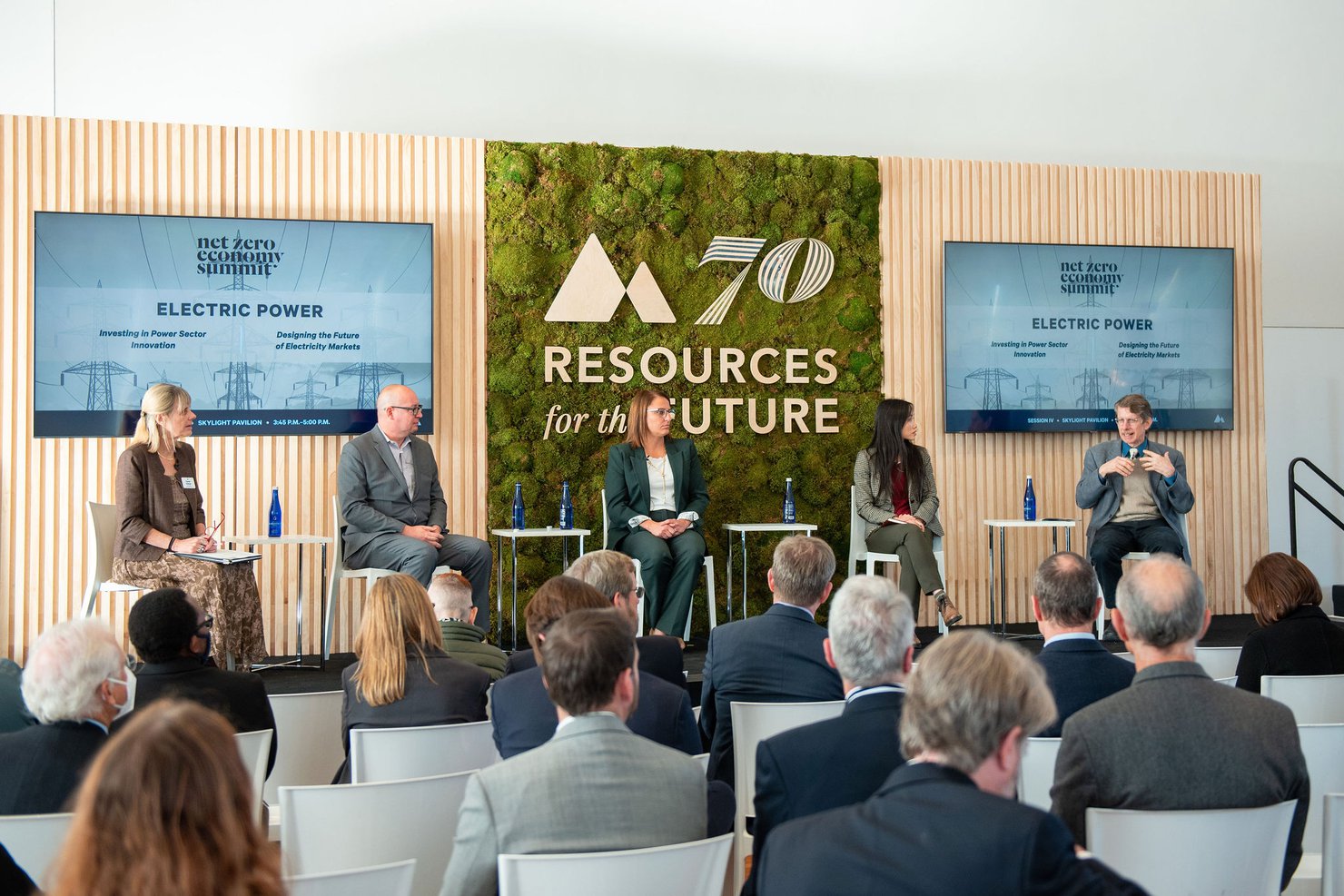
How can we build an electricity market and policy structure that enables 100 percent clean, reliable, and affordable power around the clock, and what are the biggest challenges to implementation?
Our panel of leading experts explores the opportunities and implications of total decarbonization of the power sector.
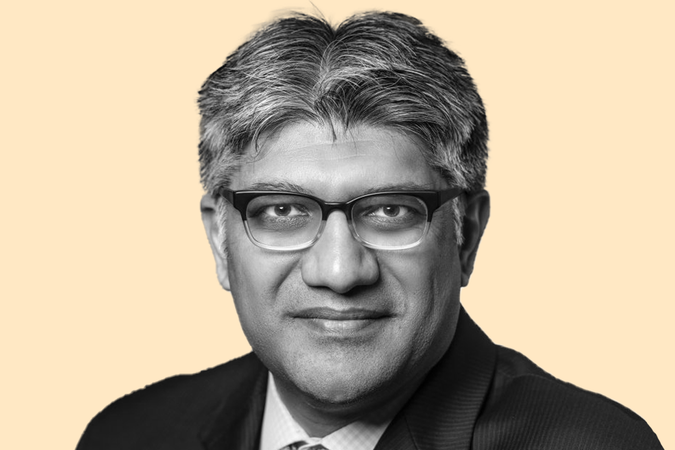
Jigar Shah
Director, Loan Programs Office, US Department of Energy
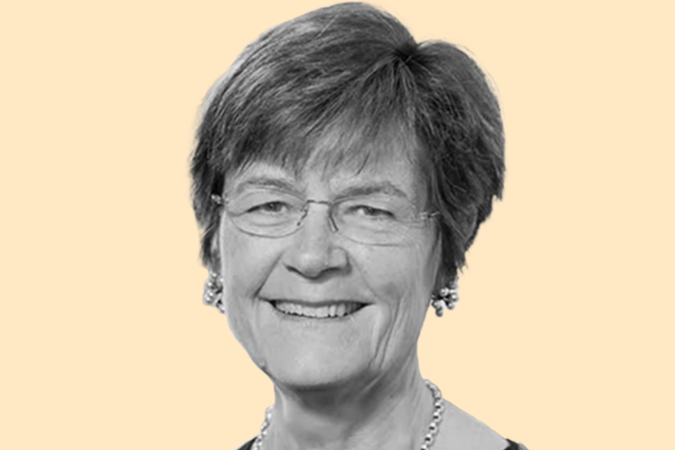
Susan Tierney
Chair of the Board of Directors, Resources for the Future; Senior Advisor, Analysis Group

Derek Bandera
Executive Director of Federal Regulatory Affairs, Midcontinent Independent System Operator

Jennifer Chen
Senior Manager, Clean Energy, World Resources Institute
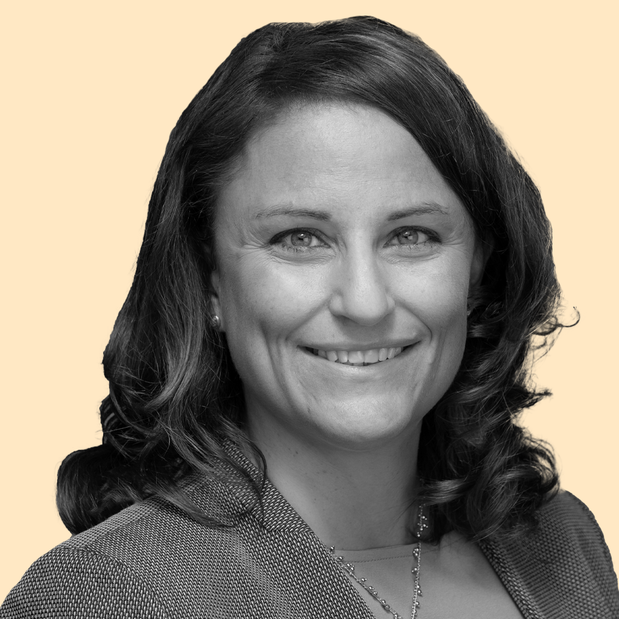
Doreen Harris
CEO, New York State Energy Research and Development Authority

Benjamin Hobbs
Theodore M. and Kay W. Schad Professor of Environmental Management, Johns Hopkins University
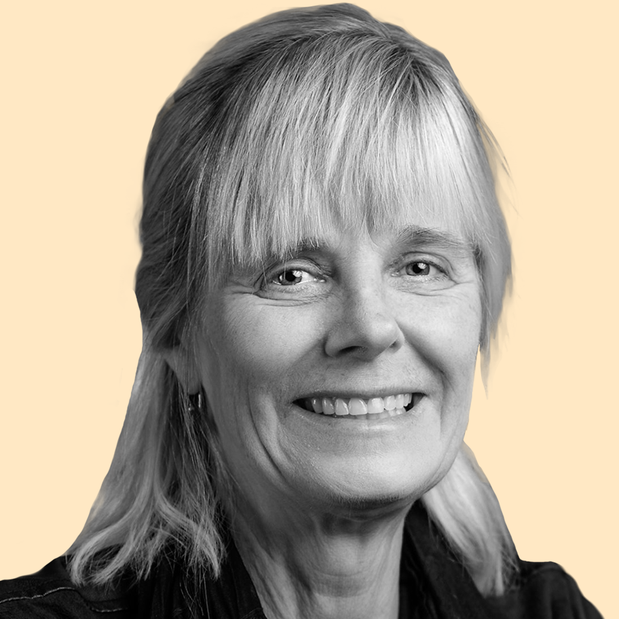
Karen Palmer
Senior Fellow and Electric Power Program Director, Resources for the Future
Climate Risks and Resilience
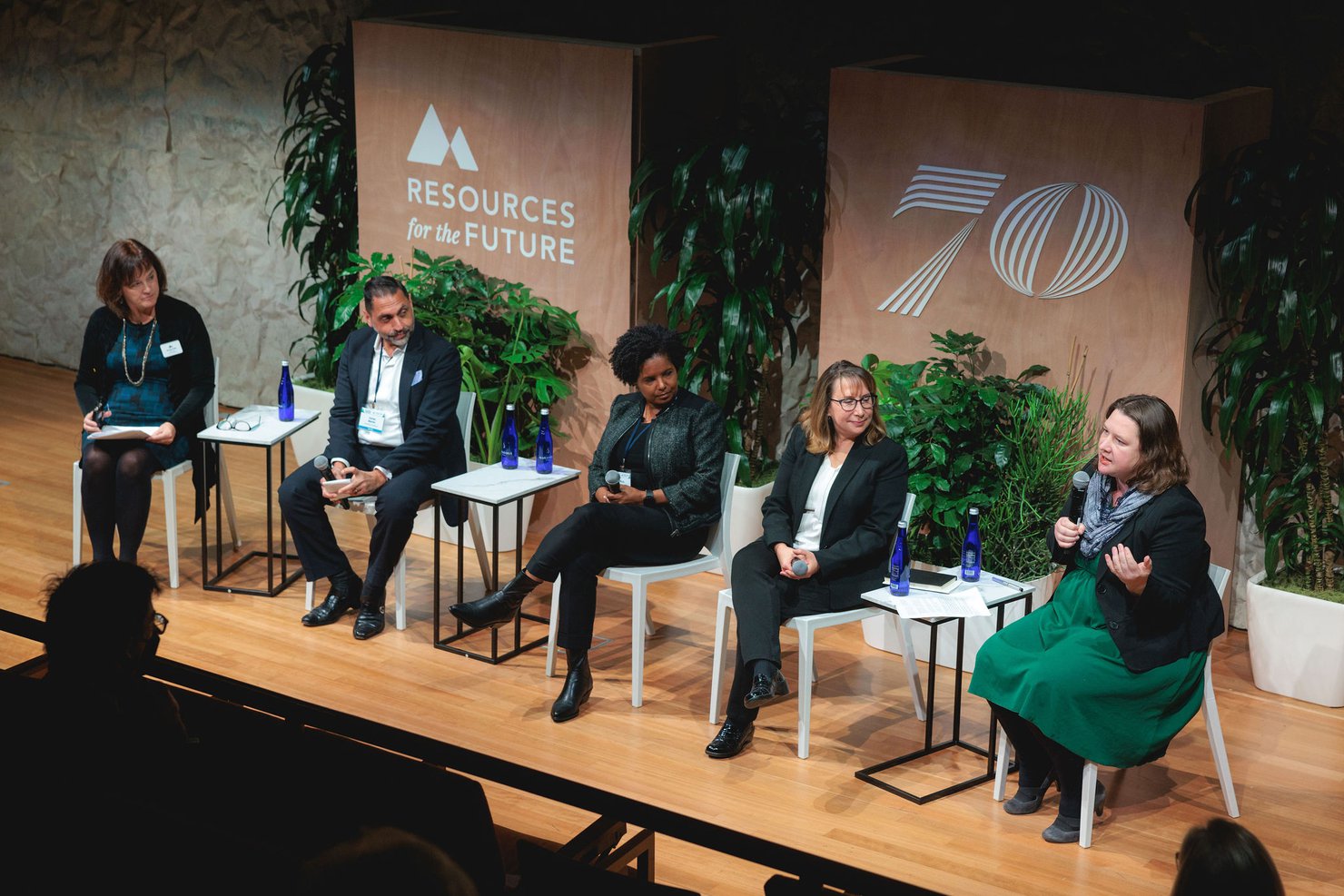
The path to net-zero will require us to improve resilience and meet climate impacts in the short and medium term.
What actions must we take now to live in a changing world where sea level rise, wildfire, and flooding are increasing in both frequency and intensity? This panel will examine the strategies and policies needed to build more just and equitable resilience in the face of disproportionate climate impacts, and the steps required to build resilience into a net-zero climate mitigation policy package.
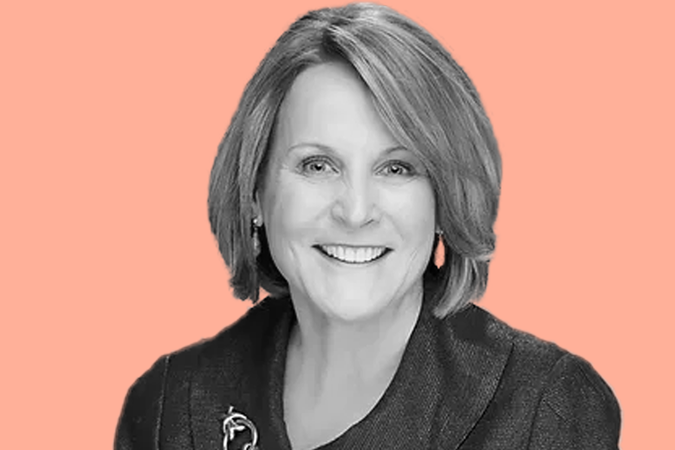
Alice Hill
David M. Rubenstein Senior Fellow for Energy and the Environment, Council on Foreign Relations

The Honorable Mary Landrieu
US Senate (D-LA), 1997-2015; Member, Resources for the Future Board of Directors

Crystal Bergemann
Senior Director for Resilience, The White House
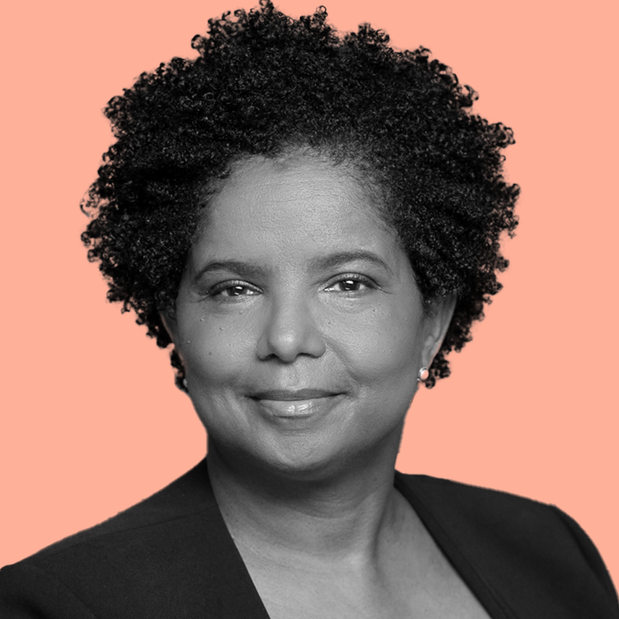
Sheila Foster
Professor of Law and Public Policy, Georgetown University

Carlos Martín
David M. Rubenstein Fellow, The Brookings Institution

Samantha Medlock
Senior Counsel, Select Committee on the Climate Crisis, United States House of Representatives

Margaret Walls
Senior Fellow and Director, Climate Risks and Impacts and Adaptation and Resilience Programs, Resources for the Future

















